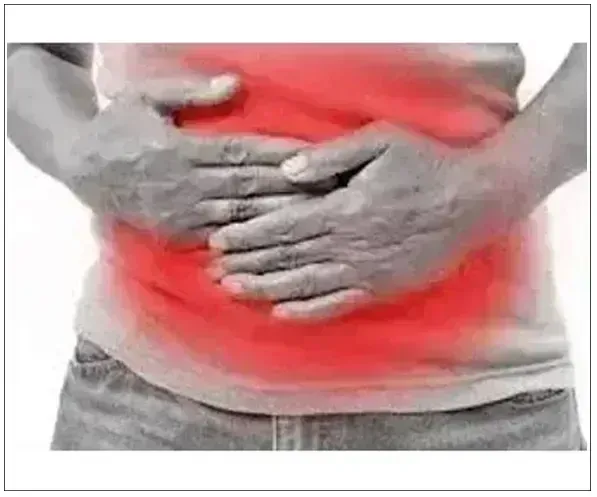

Abdominal pain
Are there different types of abdominal pain?
Yes. "Abdominal pain" means pain in the abdomen (or belly), which is the part of the body between the chest and the genital area. This pain can happen for different reasons. It can be "chronic," which means it develops over time, or "acute," which means it starts suddenly. It can be mild or severe. A person might feel the pain all over their abdomen, or only in 1 part.

Abdominal pain can feel different for different people. It can feel sharp or crampy, or dull and steady. Some people feel better if they curl into a ball, while others need to lie flat and completely still. People often feel sick to their stomach and retch or vomit.
Doctors use the term "acute abdomen" to describe an episode of severe abdominal pain that starts suddenly and lasts for a few hours or longer. It can cause pain so severe that the person has a hard time moving or breathing and it makes them want to go to the hospital or see their doctor or nurse right away. A true acute abdomen is a medical emergency.
What causes abdominal pain?
Lots of different things can cause abdominal pain. When pain is less severe, it can be due to something like a virus or a stomach inflammation (called "gastritis").
Acute pain that is more severe can be caused by problems with 1 or more organs in the abdomen. Organs in the abdomen can be part of the digestive, urinary, or reproductive systems.
Conditions that affect organs in the chest or genital area can also cause pain. Even though these organs aren't in the abdomen, people might still have abdominal pain.
Common causes of acute abdominal pain in adults include:
Yes. If you have sudden or severe abdominal pain, call your doctor or nurse or go to the hospital right away. Depending on the cause of your pain, you might need immediate treatment.
Probably. The doctor or nurse will ask about your symptoms, including where your pain is and what it feels like. The location of the pain can be an important clue to the cause.
Your doctor will ask about your current and past medical conditions, and do a physical exam. They might do repeat exams over time to follow your symptoms.
Your doctor will decide which tests you should have based on your symptoms and individual situation. The tests might include:
Treatment depends on what's causing the pain. It might include 1 or more of the following: